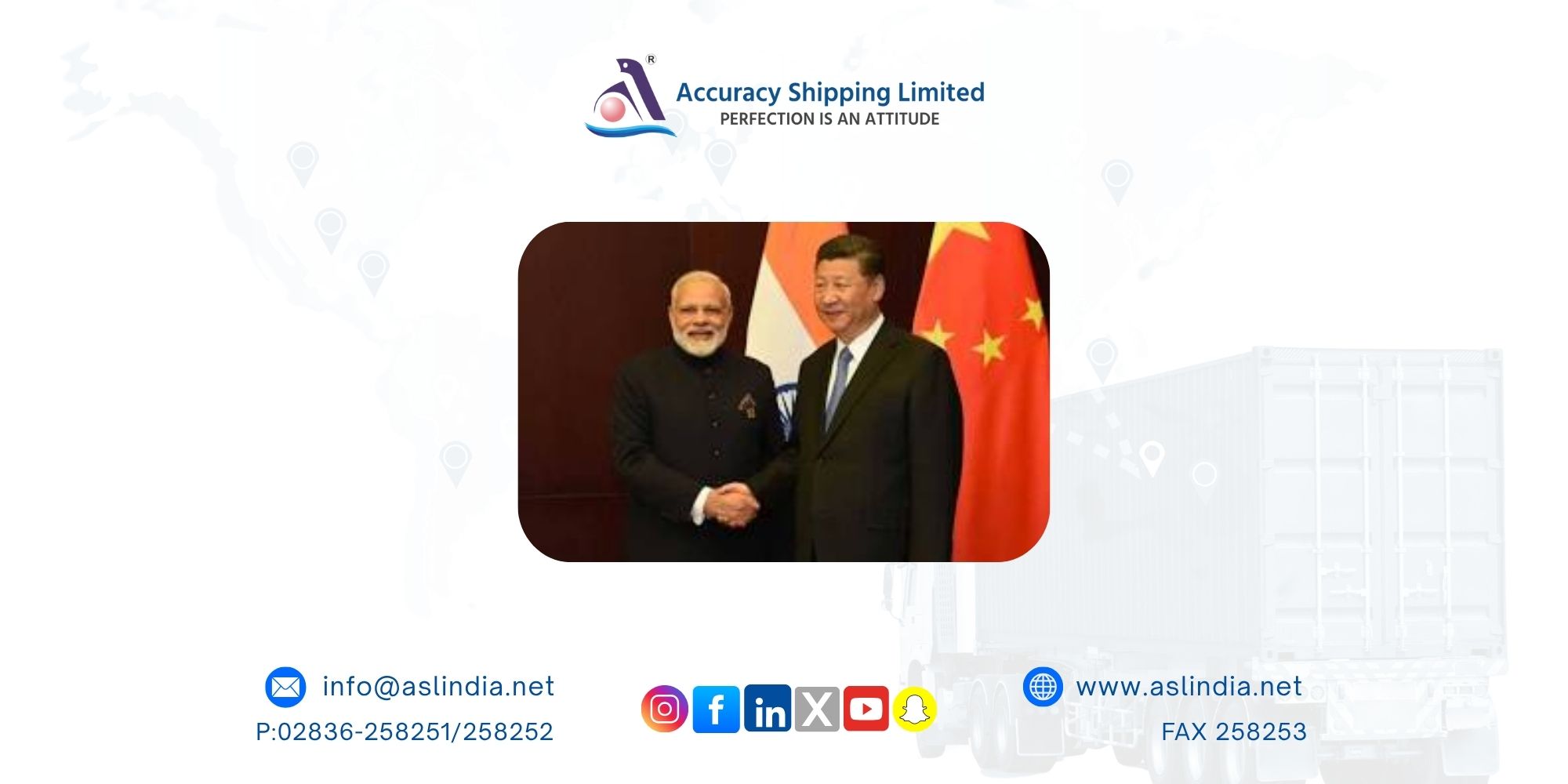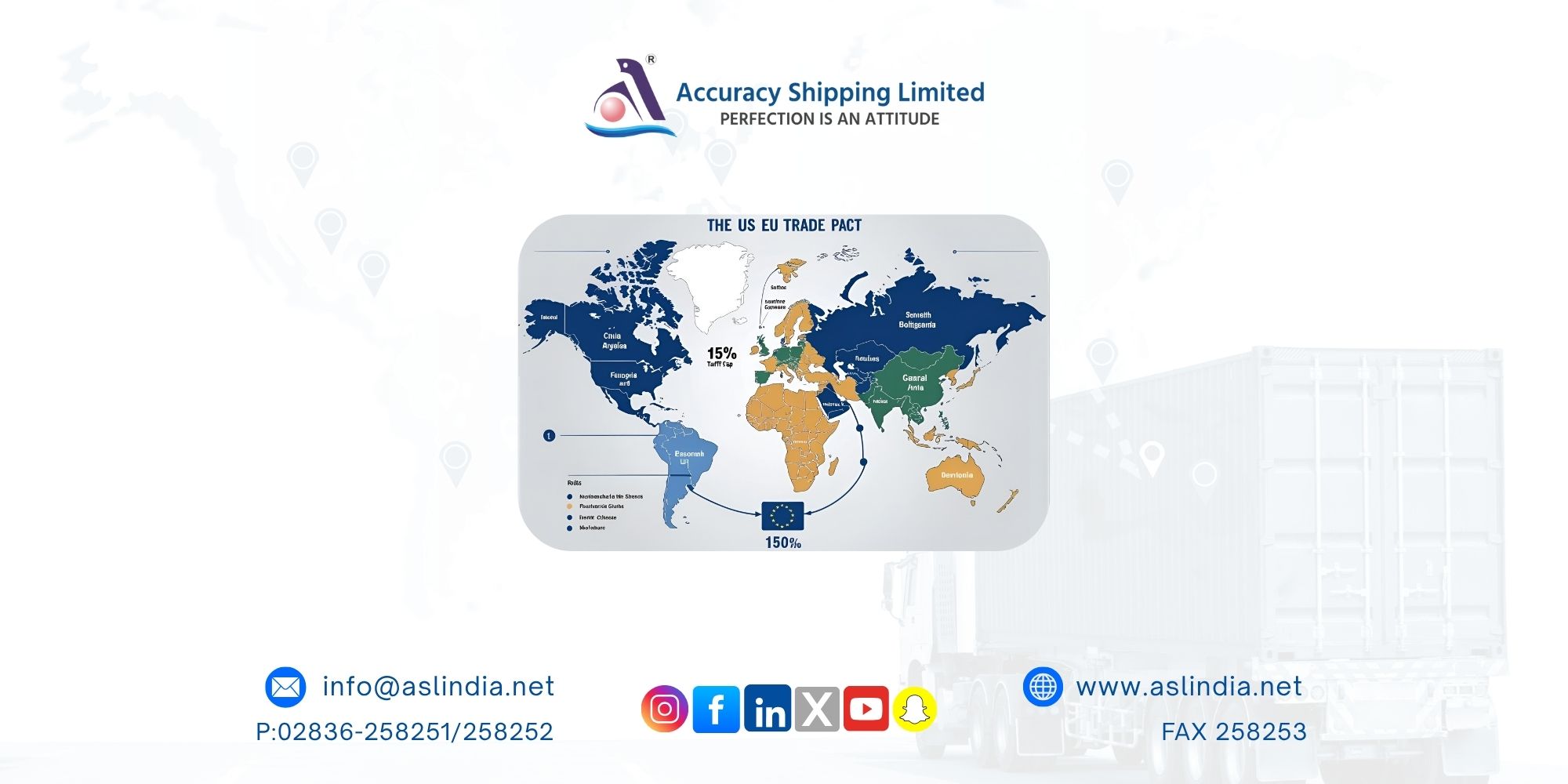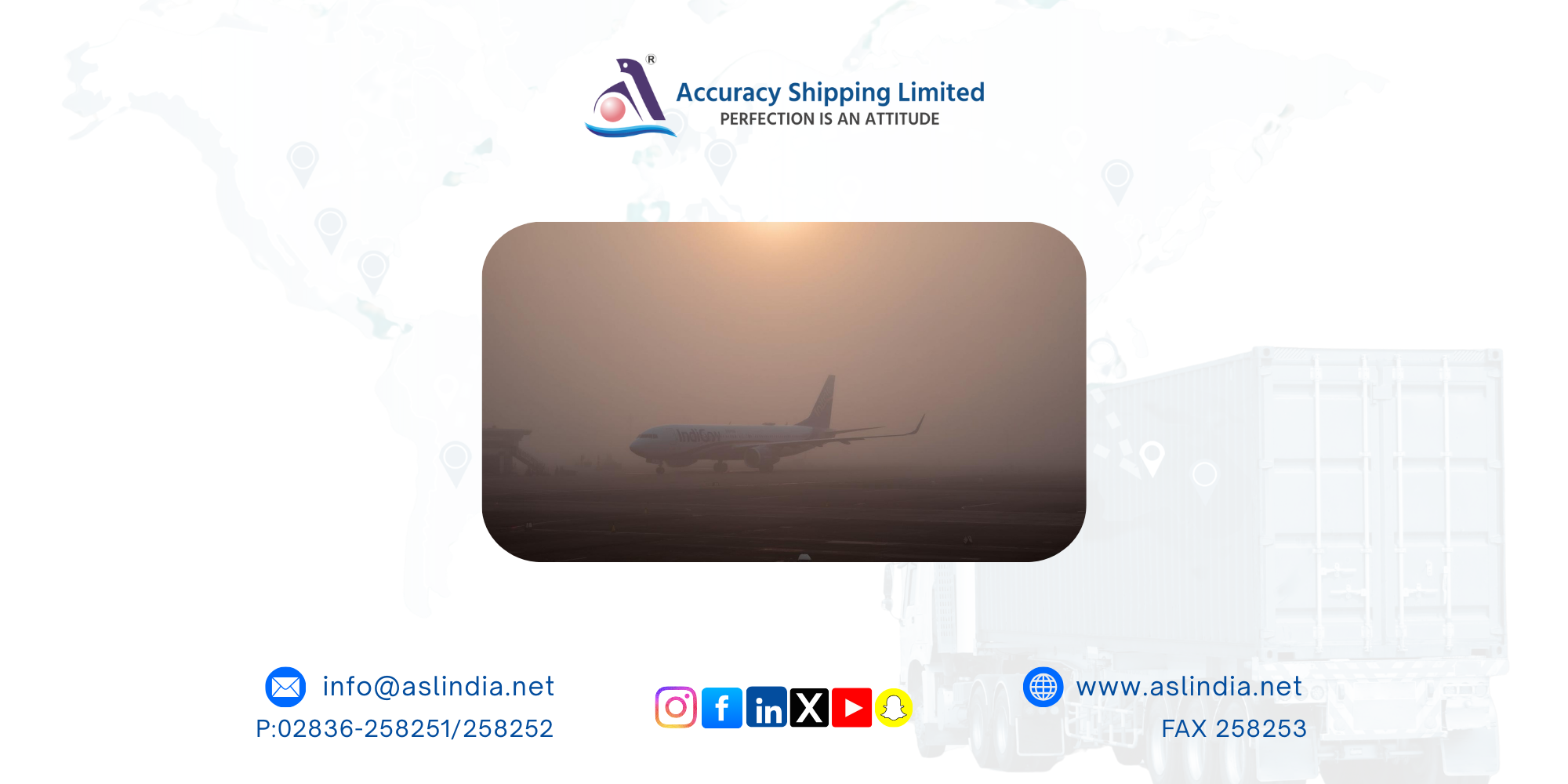India's Modi to visit China for first time in 7 years as tensions with US rise

In a significant geopolitical development, Indian Prime Minister Narendra Modi is set to visit China for the first time in over seven years, signaling a thaw in Sino-Indian relations at a time when New Delhi’s ties with Washington are facing growing friction.
According to a government source speaking to Reuters on Wednesday, Modi will travel to the Chinese city of Tianjin to attend the Shanghai Cooperation Organisation (SCO) summit starting on August 31. The visit comes amid a backdrop of intensifying U.S.-India tensions, fueled by President Donald Trump’s imposition of steep tariffs and looming threats of further penalties over India’s energy ties with Russia.
A Diplomatic Pivot Amid Global Pressure
Modi’s last visit to China was in June 2018. Since then, relations between the two Asian giants suffered a major setback following a deadly border clash in the Himalayan region in 2020. However, a recent meeting between Modi and Chinese President Xi Jinping on the sidelines of the BRICS summit in Russia in October laid the foundation for renewed dialogue and cooperation. The SCO summit offers both leaders a platform to continue this rapprochement and potentially reset diplomatic and economic relations.
U.S.-India Trade Turbulence
The timing of Modi’s visit is critical. The U.S. has taken a more aggressive stance toward India, with Trump announcing a 25% tariff on Indian goods among the highest in Asia and threatening an additional 10% tariff on imports from BRICS nations for what he describes as “aligning themselves with Anti-American policies.”
With trade between the U.S. and India valued at over $190 billion, these measures could have a profound impact. According to internal assessments shared with Reuters, India could lose its competitive edge on approximately $64 billion worth of goods exported to the U.S., representing 80% of its total exports to the country.
Energy and Defence: A Balancing Act
At the heart of the U.S. pressure lies India's continued purchase of Russian crude oil something the U.S. sees as undermining its sanctions against Moscow. India’s National Security Adviser Ajit Doval is currently in Russia and is expected to engage in talks on energy cooperation, including a review of India’s Russian oil imports. Additionally, discussions may cover key defence deals such as the expedited delivery of Russia’s S400 air defence system to India and a possible visit by President Vladimir Putin.
Foreign Minister Subrahmanyam Jaishankar is also scheduled to visit Russia in the coming weeks, further underscoring India’s commitment to maintaining its longstanding strategic ties with Moscow even as it navigates escalating diplomatic challenges with the U.S.
A Strategic Rebalancing
Modi’s participation in the SCO summit and his re-engagement with China mark a deliberate move to rebalance India's foreign policy amid growing uncertainty in its relationship with the United States. While the SCO provides a forum for political and security dialogue, it also signals India's intent to strengthen ties with regional powers and diversify its diplomatic options.
As the world watches how India maneuvers through this complex geopolitical landscape, one thing is clear: New Delhi is pursuing a more multi-aligned strategy maintaining its autonomy while leveraging multiple partnerships to safeguard its economic and strategic interests.







